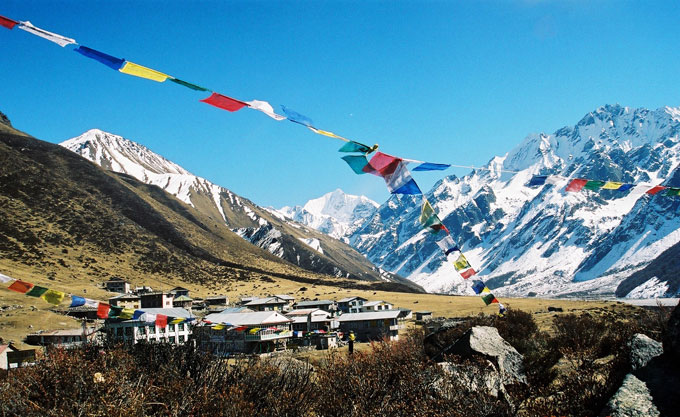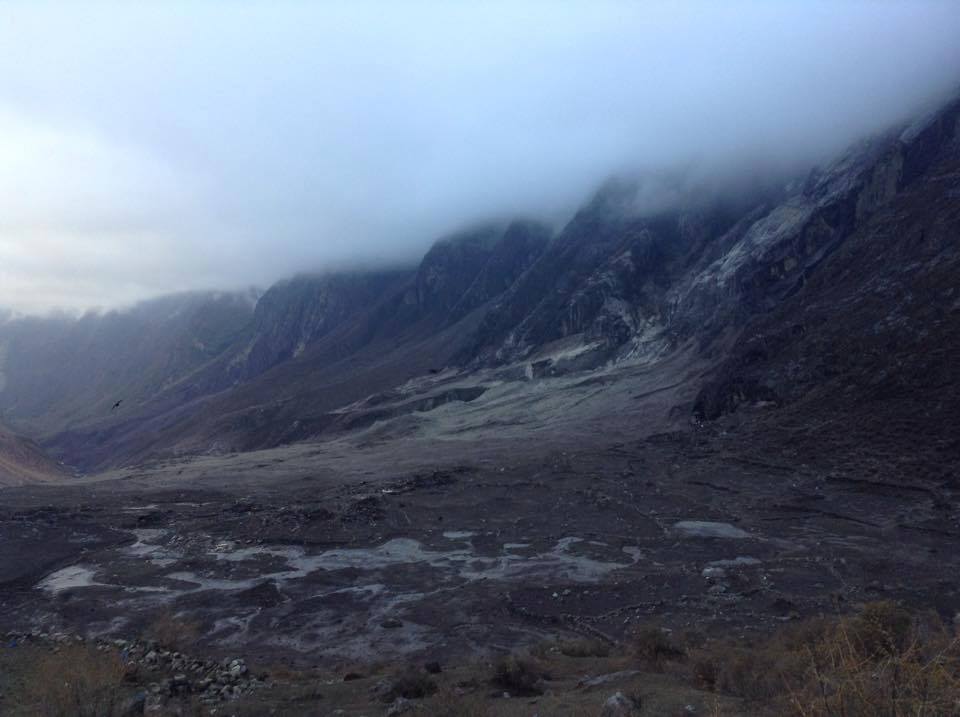I’m happy to announce the next number of the Savage Minds Occasional Paper Series, “Why Anthropologists Should Embrace BDS”. This number of the Savage Minds Occasional Paper Series is unusual for two reasons. First, this is the first SMOPS that is not a reprint of early pieces in the history of anthropology. Secondly, I am not the author of this piece, although the authors have assigned their copyright to me in order to give this piece a Creative Commons license. This piece presents in expanded and revised form material which originally appeared on the Savage Minds blog in June and July 2014. These guest blog entries, composed by two people writing under the pseudonym ‘Isaiah Silver’, are part of a wider discussion regarding the American Anthropological Association’s stance towards Israel. As such, this SMOPS is meant to provide a convienient, downloadable, citeable explanation of their position.
Divestment is an emotional — even explosive — topic for many anthropologists, and especially for Jewish anthropologists. To me, the most valuable contribution this SMOPS makes is not in arguing one side of divestment or the other. Rather, its value comes from the fact that it presents a picture — almost a mini-ethnography — of Israel that varies greatly from what Jewish American anthropologists such as myself were told about our homeland growing up. Regardless of where one stands on the issue of Israel, I believe that we as anthropologists have a professional obligation to see and know the full reality of life in Israel today, including evidence that contradicts many of our taken-for-granted ideas about that country. Challenging preconceptions in the name of truth is, after all, the fundamental duty of anthropological ethnography. As Jewish American anthropologists, we must work through these issues the ethnography presents. An incurious and uninformed support of Israel does not fulfill Jewish American anthropologists’ obligation to anthropology or Israel — and refusing to engage the issue at all is simply to give up on one’s identity altogether.
Why Anthropologists Should Embrace BDS, by Isaiah Silver, Edited by Alex Golub


